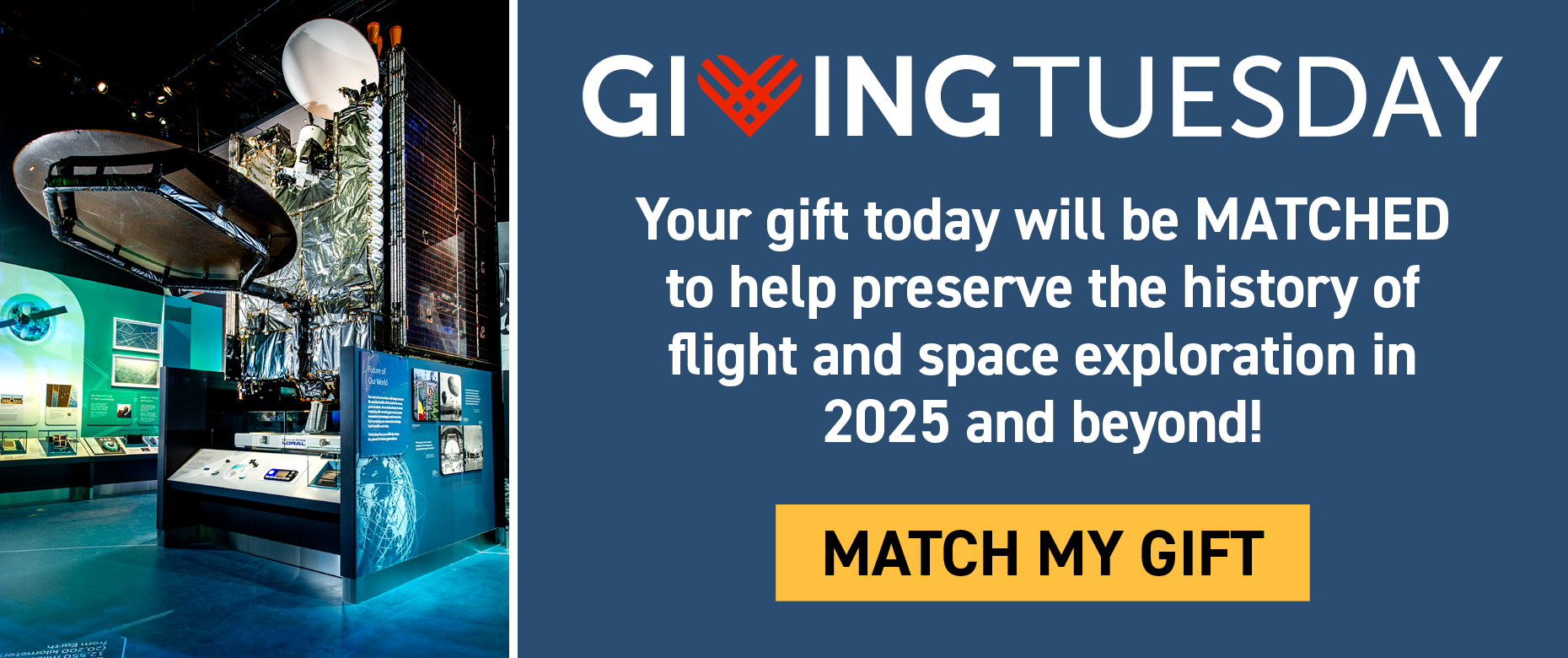All Stories
Showing 1661 - 1670 of 1717
Who has not seen the bright blue and white image of the Earth, swaddled in clouds and looking inviting, in numerous places and in various settings? Taken by the Apollo 17 astronauts on December 7, 1972, this photograph is one of the most widely distributed images in existence.
To get to Antarctica, I first flew on commercial flights from Washington, D.C. to Christchurch, New Zealand. While in Christchurch, I picked up special gear for the cold and harsh conditions in Antarctica from the US Antarctic Program Clothing Distribution Center. Several days later, I boarded a C-17 plane bound for McMurdo Station, Antarctica. In November, the temperatures are still cold enough that the sea ice surrounding McMurdo is used as a runway for aircraft. As I first stepped off the plane in Antarctica onto that expansive sheet of snow-covered ice, I was greeted by a blast of icy air, biting wind, and an amazing view of Mt. Erebus, the southernmost historically active volcano. It was so beautiful, it almost took my breath away!
Allan Janus takes a look at animals in the archives.
While hunting for images of navigators in World War II, a series appeared which, although completely distant from my topic, still grabbed my attention. They were pictures of a military funeral. These pictures were unique, however, because they were not showing the solemn burial of a soldier, airmen, or sailor; they were showing the burial of a unit mascot.
I first became fascinated with glaciers during two summer seasons in Alaska while working on a cruise ship as a harpist. I would perform in a lounge at the top of the ship surrounded by windows and would watch in awe as we sailed past glaciers in Glacier Bay National Park as I performed.
Add wildlife conservation to the growing list of special jobs that only ultralight aircraft can do. Right now, a volunteer group called Operation Migration is using Cosmos Phase II ultralights to lead a flock of endangered whooping cranes on the first migration of their young lives, from Wisconsin to Florida. The excellent control and performance of the ultralight at speeds much slower than more conventional aircraft makes this possible. After months of intensive training, the Operation Migration staff have trained the birds to follow the ultralight as though it were another crane.
Balancing access and preservation is a continuous problem in every archive. The Museum’s Archives Division’s mandate is two-fold; to make collections accessible for researchers, and to preserve the collections for future generations. These two goals came into conflict while processing the Lee Ya-Ching Collection.
The Smithsonian acquired its Jenny in 1918, only days after the Armistice ending World War I. The airplane was re-covered in the 1920s, and remains completely original from that time. The Museum's Jenny is one of the true jewels of the collection. It has a particular place of pride in my curatorial responsibilities, and the whole museum staff has a great soft spot in our hearts for our Jenny. When the opportunity to put it on display in the Mall museum presented itself with the building of the new commercial aviation exhibition, America by Air, a few years ago, I was delighted to make it available to the curator of the new gallery. When the exhibition opened in 2007, it was a great success and the Jenny looked fabulous on its perch, drawing visitors toward America by Air. A museum favorite finally was center stage for all to enjoy.
The National Air and Space Museum is holding its first ever virtual conference for educators on Tuesday, November 10 from 11 a.m. – 5 p.m. EST. Since we’re in the middle of the 40th anniversary commemorations of the Apollo missions, we decided to focus on this important period in American history. Staff from our Division of Space History will discuss some fascinating topics such as the real story behind President Kennedy’s famous speech challenging Congress to send Americans to the Moon; the role of computers—a new technology in the 1960s; the myth of presidential leadership during this time period; the intersections of Ralph Abernathy, the Civil Rights Movement, and the Moon landing; the rise of six iconic Apollo images and how they have been used over time; and the denials of the Moon landings by a small segment of the population and their evolution since the 1960s.
Cecil “Teddy” Kenyon (1905-1985), on the left, and her husband Theodore "Ted" Whitman Kenyon (1899-1978) were a flying family – when they weren’t trick-or-treating, as this 1940s photograph from their collection in the Museum’s Archives Division shows.
